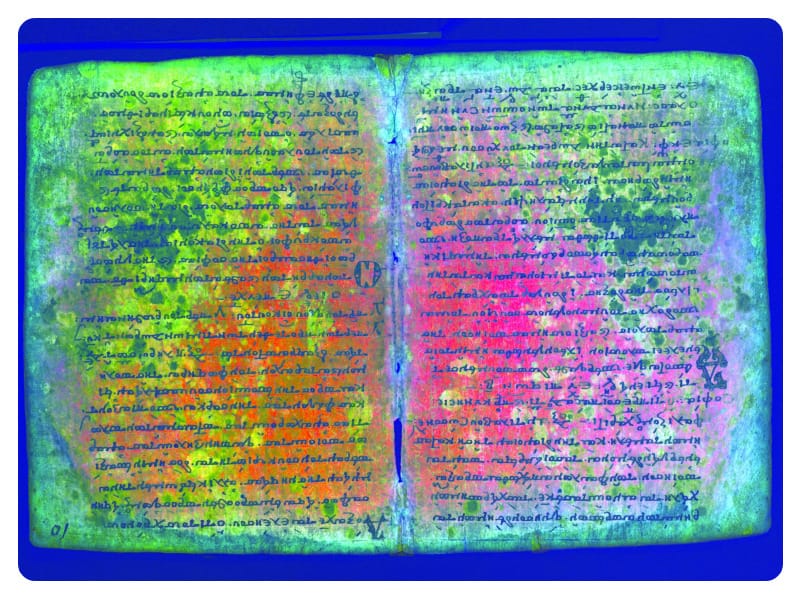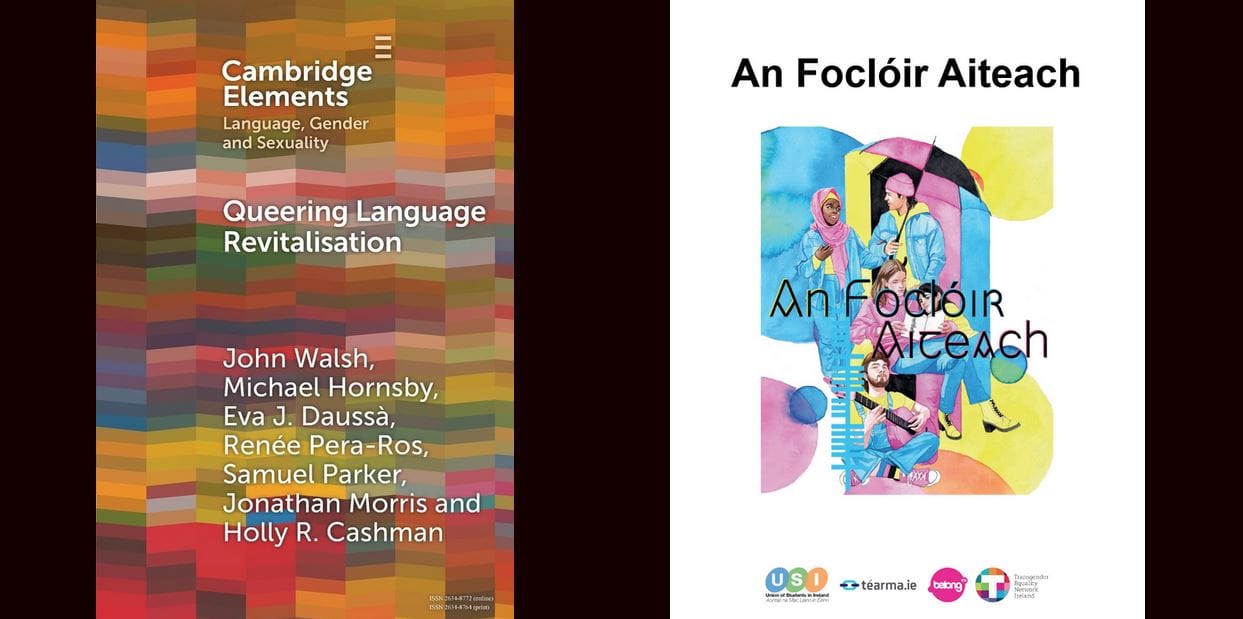Textual Healing #2: Up against the Machine

We're facing challenging times. Late-stage capitalism seems to be determined to destroy everything before collapsing, while its technological tentacles keep distorting and dehumanising reality, narrowing our choices out of the immense hyperconnectivity mesh. Our minds are exhausted and overwhelmed by the constant avalanche of horrifying news. Rest is a rare treat; hope, a sort of chimera. How can we avoid feeling helpless, when our efforts to be heard prove fruitless, time and time again?
We know that mutual support and care are revolutionary, that you can't outlaw what comes from deep inside, from the very nature of being human. Early spring brings a sense of hope, for our resistance and our shared struggle is what makes us continue, day after day.
So, for those who find emotional shelter in literature and poetry (amidst the horrors), or those who document inspiring initiatives, interview likeminded peers, or just read about alternatives that illustrate that nothing is set in stone, here's your first serving of Textual Healing.
Enjoy,
Guerrilla Media Collective
Translators against the Machine
We have received the first submissions following our Open Call for articles on the translation industry. We're not only expecting a lot of stories of disillusionment about how the advance of AI technology has impoverished our craft and our relationships with our employers, as there are many other things plaguing our sector: political changes, linguistic imperialism and exploitative platforms, to name but a few. We want to hear from as many of you as possible!
Today we're sharing the first piece ever submitted, by Laura Vuillemin, an English and Portuguese to French translator who raises awareness about the rights of translators in the face of AI and machine translation. Laura's piece is a very relatable story about a promising collaboration that went awry when the agency started relegating their human translators to the editing and proofreading of AI-translated texts, eventually pushing the author out of a years-long relationship that once felt wholesome.
First of all, the worrying language impoverishment the massive use of this technology is causing, from a syntactical and lexical point of view. Automated translations are based on statistics, with no care for discursive coherence. The output is produced by using the most frequent wording, neglecting all other variants and leading to target texts that constantly sound the same. The (horribly) repetitive, literal and lackluster speech produced by machines has nothing to do with idiomatic language.
Sound familiar for the wrong reasons? Check out the whole article here, and send us your story at hello@guerrillamedia.coop!

In other news, something's cooking in the Translators against the Machine Telegram group, our collective space to discuss and share everything related to our struggle in the translating world. Several participants have expressed interest in organising local gatherings in Berlin and Madrid. We're absolutely up for joining any encounters near us and we hope more cities will soon be added to the list!
Stay tuned!
Case study: Manos del Uruguay
Over the last year we've really enjoyed researching and participating in the Doughnut Economics Action Lab project, writing case studies about businesses that are trying to do things differently, highlighting the power of community and sustainable ways of organising.

It has been an absolute privilege to conduct our most recent case study on wool garment producer Manos del Uruguay, whose cooperative model is a real thing of beauty. Well, we say cooperative model, but it's actually a network of 12 cooperatives scattered throughout Uruguay who jointly own and operate a central office. The cooperatives are run by predominantly female artisans, who also exclusively make up central company's executive board. This means that the company's CEO – Rodolfo Gioscia, who we interviewed for the study – is employed by the artisans.
We should point out that Manos del Uruguay is not a small company, nor is it new – it turns over $5-6 million per year, and has been working this exact way since 1968. It has been truly inspirational to learn about such a robust, enduring and genuinely innovative cooperative model, and to get up close and personal with a CEO who has spent 26 years helming a company that exists to serve its workers.
We presented this case study at an online launch event last week, and you can read it at this link. It was launched alongside many other equally inspiring studies that you can find on the website, including our previous study on Peruvian company Inka Moss. We would also like to take the chance to thank Erinch Sahan and the DEAL team, who have worked tirelessly to coordinate the project and show the world that there are countless restorative, regenerative ways of doing business.
And last, but not least, a recommended read:

We love seeing intersectional publications like this one by Cambridge Elements on Language, Gender and Sexuality.
Queering Language Revitalisation helps us deepen our understanding of how the fields of multilingualism, second language acquisition and minority language revitalisation have largely overlooked the question of queer sexual identities among speakers of the languages under study. Based on case studies of four languages experiencing differing degrees of minoritisation – Irish, Breton, Catalan and Welsh – this fascinating publication investigates how queer people navigate belonging within the binary of speakers/non-speakers of minoritised languages while also maintaining their queer identities.
One of the chapters of this book makes reference to our very own Timothy McKeon's work An Foclóir Aiteach, a small dictionary of queer terminology in the Irish language. Projects like this are essential for people with non-normative gender identities, gender expression and sexual orientation to be able to find themselves in their own native language.


